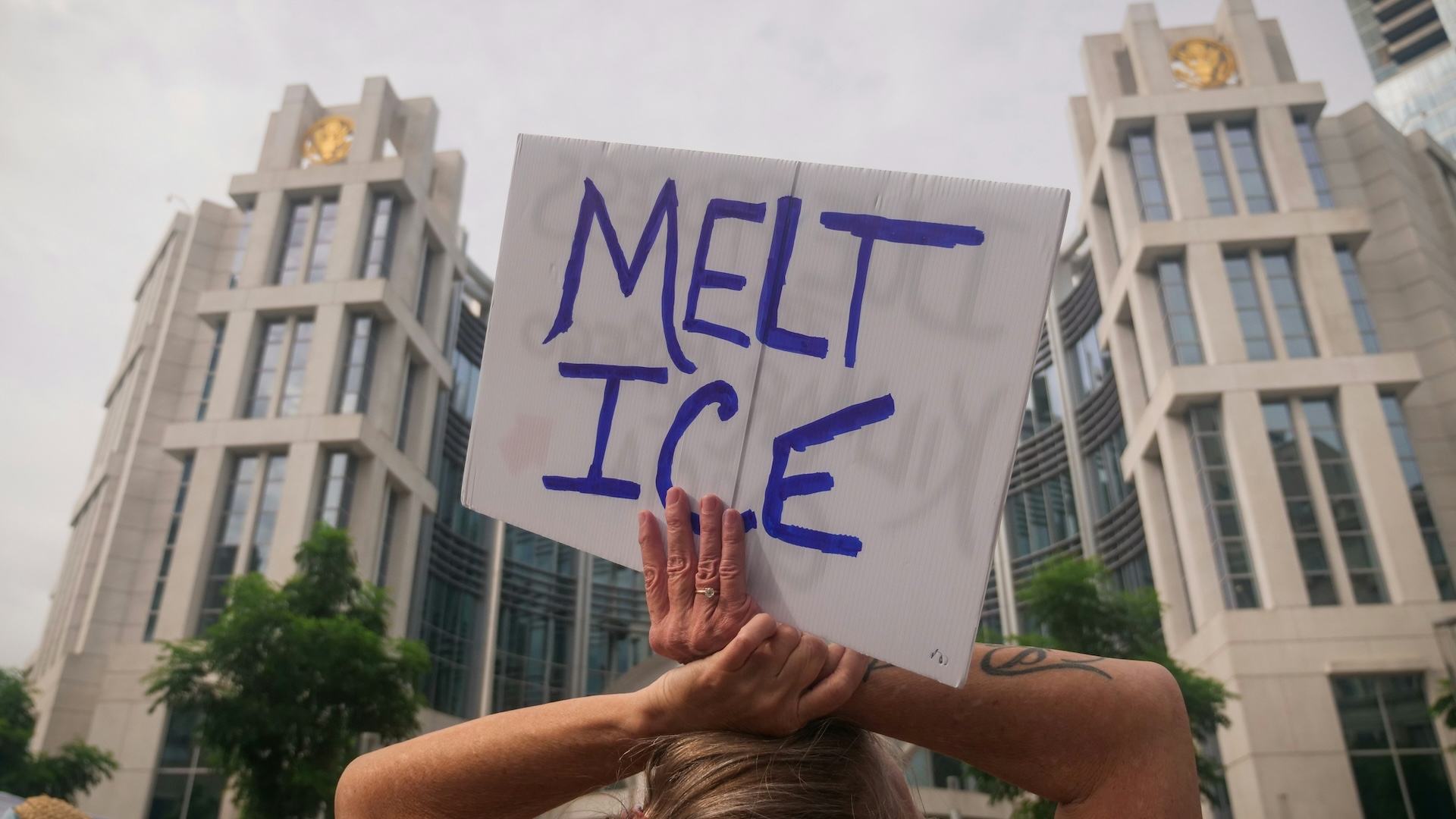ICE Has Always Been Bad. This Is Worse.
Photo by Chad Stembridge/Unsplash
By now, you’ve probably seen the videos. Immigration and Customs Enforcement officers, often masked and decked out in tactical gear, breaking car windows, assaulting people, harassing people and more. In the few months since Donald Trump took office, ICE has gone as far as entering schools and hospitals to detain people, and they’ve sometimes arrested parents and left their kids in public without a guardian.
Immigration enforcement has always been fraught with problems, but it does seem like things are worse than ever. The question is: How did ICE get so bad? How did we get here?
ICE was created in 2003, inside the newly formed Department of Homeland Security. It was preceded by the Immigration and Naturalization Service, or INS. Brianna Nofil, an assistant professor of history at the college of William & Mary who focuses on immigration and incarceration, tells Splinter that immigration enforcement has indeed been bad for a long time.
“Immigration policing is pretty horrifying for many decades before ICE was created,” Nofil said. “ICE is pretty horrifying from its earliest incarnation. I’m always slightly hesitant to make ICE seem too exceptional, because I think much of what they are doing really is a continuation of what the INS was doing.”
Nofil says that basically we’ve long had a problem with immigration policing—for about a century. It was bad before ICE and has been bad since. However, she has noticed some changes since Trump took office, and things do seem to be significantly worse now.
-

-

-

-

-

-

-

-

-

-

-

-

-

-

-

-

-

-

-

-

-

-

-

-

-

-

-

-

-

-

-

-

-

-

-

-

-

-

-

-

-

-

-

-

-

-

-

-

-

-

-

-

-

-

-

-

-

-

-

-

-

-

-

-

-

-

-

-

-

-

-

-

-

-

-

-

-

-

-

-

-

-

-

-

-

-

-

-

-

-

-

-

-

-

-

-

-

-

-

-

-

-

-

-

-

-

-

-












































































































